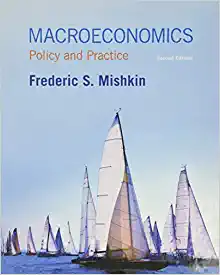
Problem 2 Ann and Bob both like to play a single-player, online computer game. [They don't play together. They just happen to both like the same game.) There are three periods in which they can play the game, t = 1, 2, 3 and then a nal period, t = 4, in which they cannot play the game, but may receive costs or benefits from past game playing. For each period that a player plays the game they receive an enjoyment benet of b; which they experience immediately, and they pay a delayed cost of c, which they experience in period four. {We can think of t = 1,2, 3 as three \"rounds\" of the game, with t = 4 being the following day, when they pay a cost from not sleeping, or not getting their homework done because they were playing the game. The total delayed cost depends on how long they played the game.) In period one a player decides whether to begin playing the game, by either playing in period one, or not. In periods two and three they decide whether to continue to play, if they decided to begin in period one. A player can only begin the game in period one. Thus, if they choose not to begin in period one, they cannot play in periods two or three, and if they begin in period one but decide not to play in period two, they cannot begin again in period three. Ann and Bob have identical preferences over the game as follows: r324,b1=5,bz=3,bs=l,=lf2,=l. Thus, if a player plays in period one, hefshe receives a benet of bl = 5 in pe1iod one, and a cost of c = 4 in period four. If a player plays in both period one and period two, hefshe receives a benet of in = 5 in period one, a benet of 52 = 3 in period two, and a total cost of 2 X c = 3 in period four. Etc. However, Ann is naive, while Bob is sophisticated. {a} How many rounds will Ann play? Remember that Ann believes her future self will not have present-biased preferences. (b) How many rounds will Bob play? Remember that Bob has to consider what his future self will do. Now assume that there is a period before the beginning of the game, t = CI. In period zero players cannot play the game, but they can pay a at-rate price, p, for a binding commitment device that allows them to decide in advance how many rounds they want to limit themselves to, and prevents them from playing more than that. {c} In period zero, how many rounds of play will Ann choose to limit herself to? {d} Assuming that all costs and benets are measured in dollars, what is the maximum p that Ann will pay to use the commitment device? {e} In period zero, how many rounds of play will Bob choose to limit himself to








